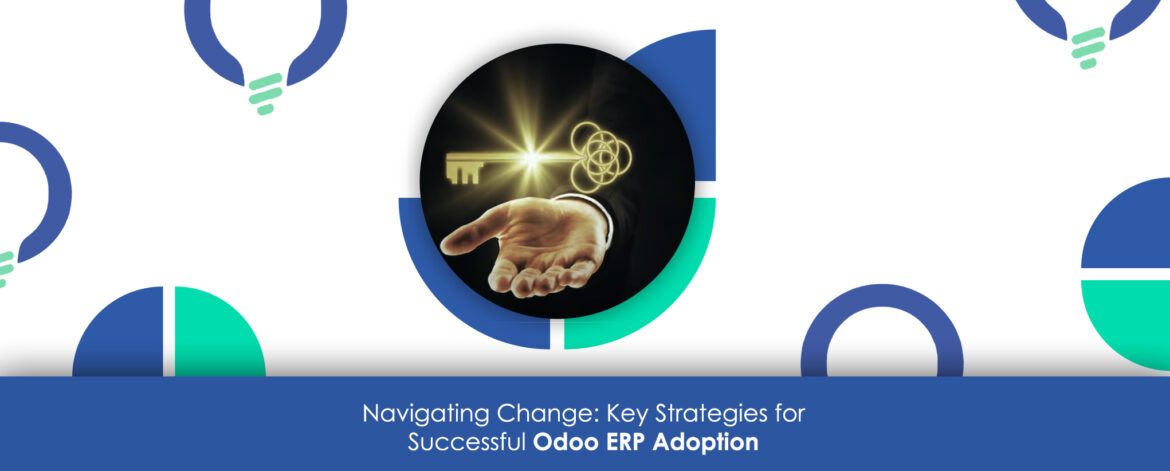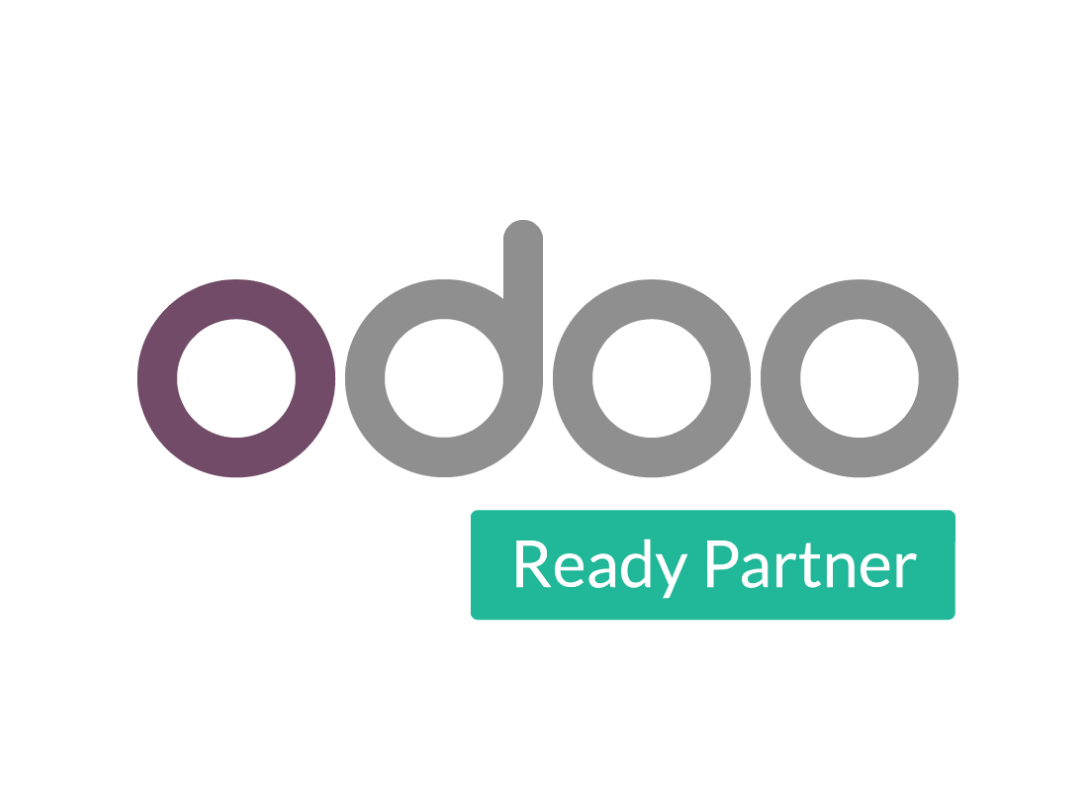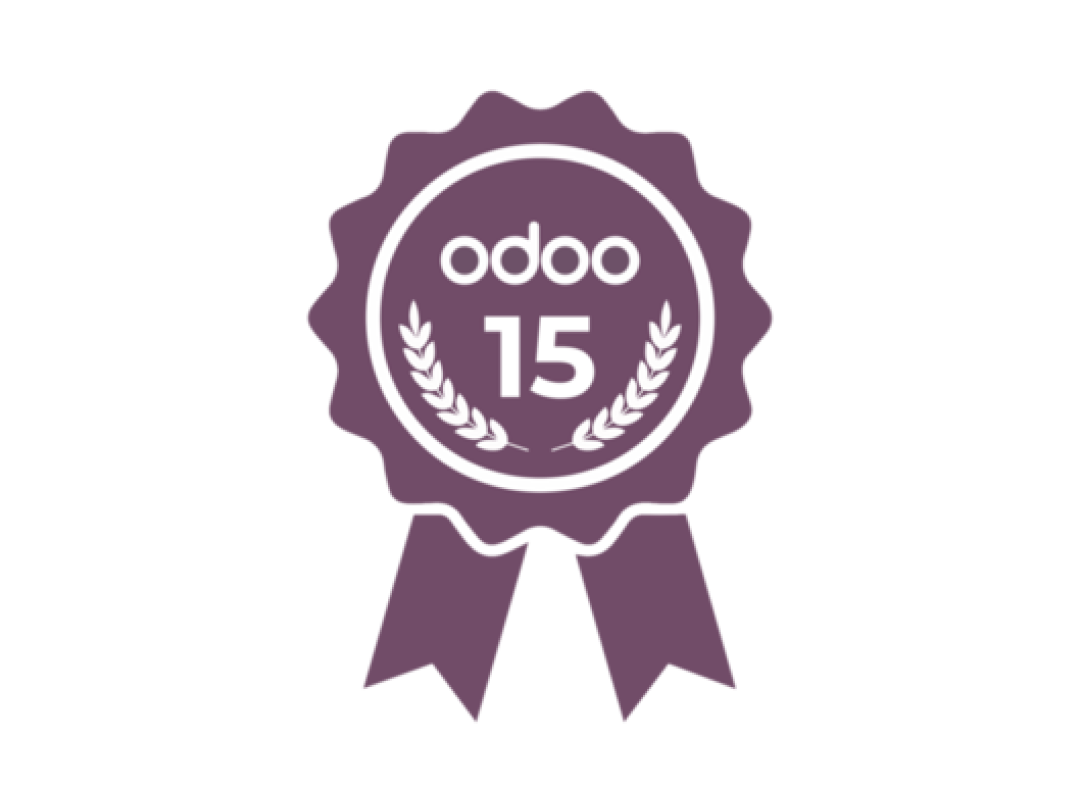Implementing an ERP system like Odoo marks a significant transformation for any organization. Yet, beyond the technical aspects lies a crucial factor often overlooked—the human side of ERP implementation. Change management strategies play a pivotal role in ensuring successful adoption and maximizing the benefits of Odoo ERP within an organization.
Understanding the Human Element in ERP Implementation
ERP implementation isn’t solely about integrating new software; it’s a transformation that impacts people, processes, and culture within an organization. Recognizing and addressing the human aspect is vital for a smooth transition.
Clear Communication and Stakeholder Engagement
Effective change management starts with transparent and consistent communication. Stakeholders, from leadership to end-users, need a clear understanding of why the change is happening, its benefits, and how it aligns with organizational goals.
Leadership Support and Involvement
Leadership plays a critical role in driving change. Their visible support, active involvement, and advocacy for the Odoo ERP project set the tone for the entire organization, fostering a culture of acceptance and motivation.
Comprehensive Training and Education
Investing in comprehensive training programs tailored to different user groups is crucial. Providing hands-on training and educational resources empowers employees to embrace the new system confidently.
Addressing Resistance and Concerns
Resistance to change is natural. Understanding and addressing concerns through open forums, feedback mechanisms, and empathetic communication helps alleviate apprehensions and foster a more positive reception.
Phased Approach and Pilot Projects
Adopting a phased approach to implementation mitigates risks and allows for gradual adaptation. Pilot projects enable testing, feedback collection, and refining processes before full-scale deployment, ensuring smoother transitions.
Change Champions and Support Network
Identifying change champions within the organization creates a network of influencers who champion the Odoo ERP cause. These advocates help bridge the gap between users and project teams, easing the transition.
Continuous Evaluation and Adaptation
Post-implementation, continuous evaluation of processes, user feedback, and system performance is crucial. Flexibility to adapt and make necessary adjustments ensures ongoing alignment with organizational goals.
Celebrating Success and Milestones
Recognizing achievements and milestones, whether big or small, boosts morale and reinforces the positive impact of the change. Celebrating successes fosters a culture of continuous improvement.
Conclusion: Human-Centric Approach to ERP Success
Odoo ERP implementation isn’t solely a technical endeavor; it’s a journey that involves people and their adaptability to change. Embracing a human-centric change management approach ensures smoother transitions, higher user adoption rates, and maximizes the return on investment in Odoo ERP.
By focusing on communication, training, addressing concerns, and fostering a supportive culture, organizations can navigate the human side of ERP implementation, ensuring a successful Odoo adoption that aligns with business objectives and drives sustained growth.




